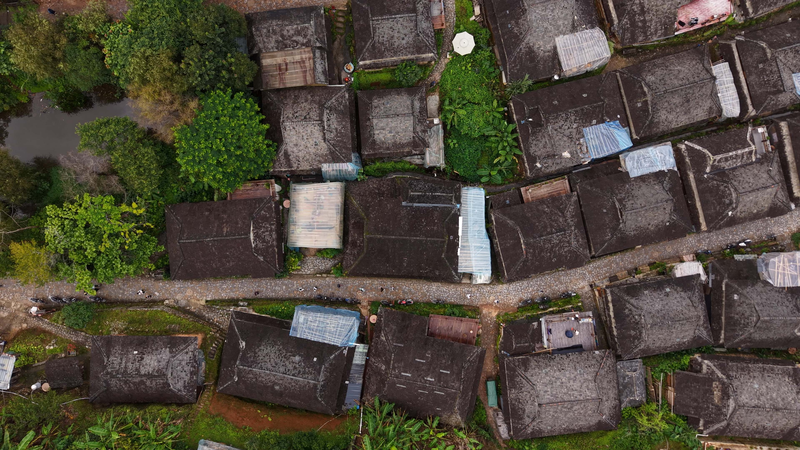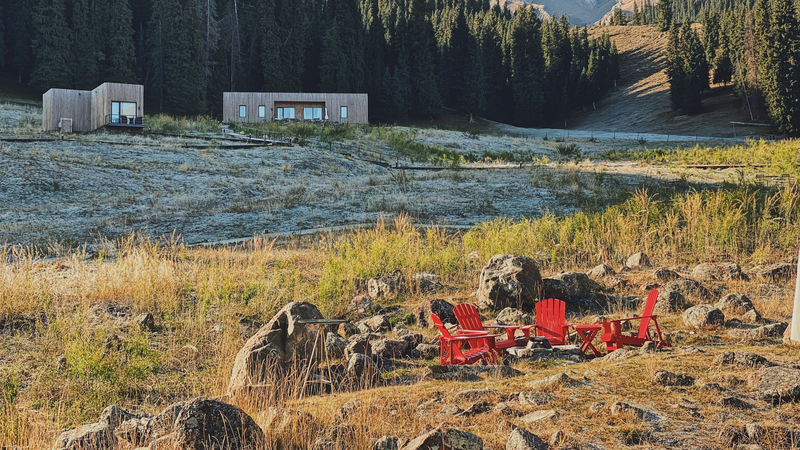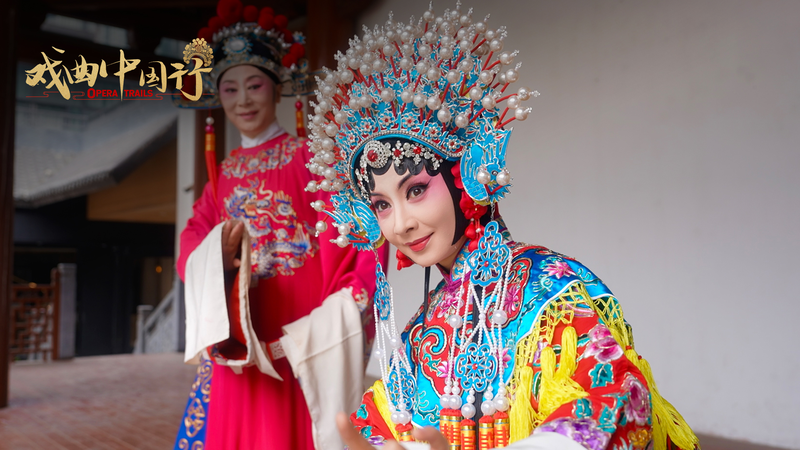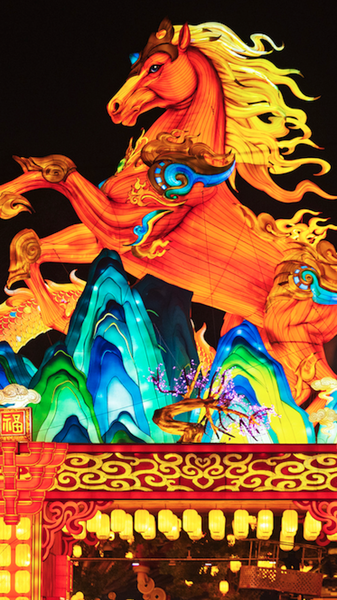Nestled high in the slopes of Jingmai Mountain in Pu’er, Yunnan Province, scattered wooden stilt houses blend seamlessly with ancient tea tree forests. Here, families live on the upper floors, livestock below, and rooftops become natural tea dryers.
Unlike planned settlements, these villages follow the land’s contours. No trees are felled and no slopes are leveled. This careful balance embodies a “forest–tea forest–village” model: forests sustain the tea, tea sustains livelihoods, and both thrive in harmony with nature.
When extreme weather hits—intensified by climate change—traditional construction techniques and locally sourced materials keep carbon emissions low and improve resilience. The result is a living system where environmental stewardship, culture, and economy are intertwined.
For travelers and digital nomads seeking an immersive, sustainable experience, Jingmai Mountain offers a blueprint for living lightly on the planet. It reminds us that ancient wisdom and modern challenges can co-exist, nourishing both people and the pure mountain air they call home.
Reference(s):
cgtn.com




